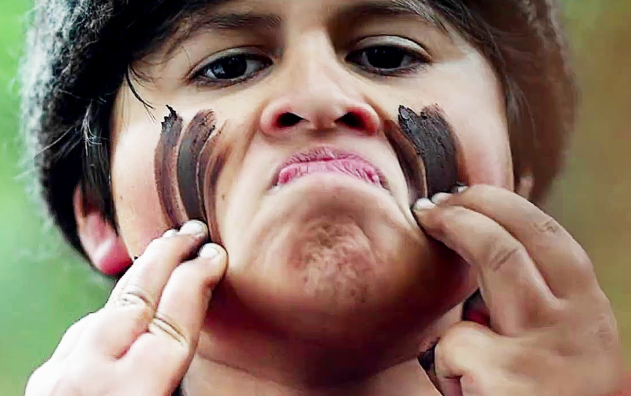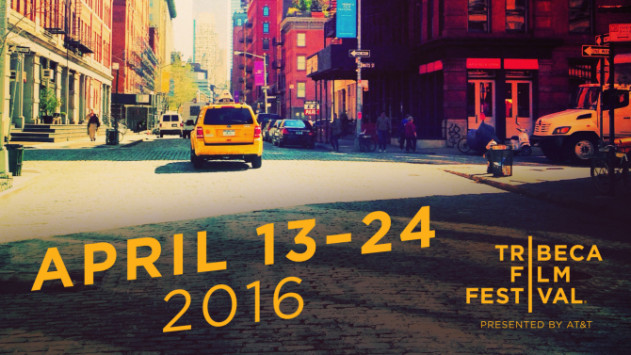“Hunt for the Wilderpeople”: “Secondhand Lions” meets “Thelma and Louise”
The comedy “Hunt for the Wilderpeople” which played at Tribeca on Thursday has made me want to go back and explore the filmography of director Taika Waititi. Because if “Hunt” is any indication, Waititi is likely destined to become New Zealand’s answer to America’s Wes Anderson and England’s Edgar Wright—a highly-idiosyncratic and stylized comedic filmmaker. But whereas the bulk of Anderson and Wright’s comedy comes from their mise en scène and use of frame composition Waititi’s film comes from its editing or lack thereof—jarring smash cuts between incongruous subjects and awkward long shots without cuts that allows the characters to move about the frame in stilted silence. I expected to get tired of these techniques rather quickly, but they somehow never lost their charm.
The story follows Ricky Baker (Julian Dennison), a thirteen year-old delinquent with a nasty track record sent to a rural New Zealand farm in a last ditch effort to correct his behavior. After his loving, if overbearing, foster mother Aunt Bella (Rima Te Wiata) dies suddenly, he is left in the care of his irascible, ill-tempered foster father Uncle Hec (Sam Neill). After an aborted attempt at running away, an unexpected injury, and a series of truly unfortunate misunderstandings, Uncle Hec and Ricky go on the run from both child welfare services and the police, living in the Bush for several months. Slowly they begin to love and trust one another through their assorted trials and tribulations. Essentially, imagine a cross between “The defiant ones” (1958) and “Secondhand lions” (2003) with just a dash of “Thelma and Louise” (1991) thanks to a climactic car chase and standoff filmed in a desert.
“Hunt for the Wilderpeople” premiered at the 2016 Sundance Film Festival.
“Hunt for the Wilderpeople” masks its earnest sweetness with a giggling distrust of authority, making it at once heartfelt and mischievous. Some of the jokes seem oddly out of place—the inclusion of a survivalist/conspiracy-theory nut named Psycho Sam (Rhys Darby) was particularly miscalculated—but none of them take away from the film’s overall quality. If anything they add to the quirky nature of the film. I realize that “quirky” is quite the loaded term in film criticism, its being frequently used to describe countercurrent mumblecore, pretentious art films, and many an independent comedy. But “Hunt for the Wilderpeople” manages to find the right balance between its disparate elements to earn the term as an affectionate moniker instead of as a dismissive insult.
Score: 7 out of 10
Nate Hood is Screen Comment’s main film critic in New York. Follow him here @NateHood257
news via inbox
Nulla turp dis cursus. Integer liberos euismod pretium faucibua




